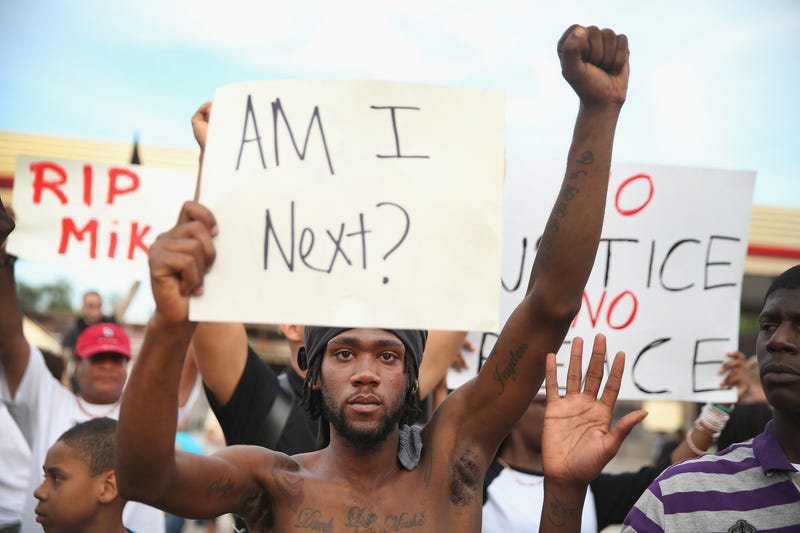
In my youth, I grew up with women. My mother, grandmother, and the majority of my teachers were women. In particular, a number of them were poor, some openly and others not LGBTQ and/or people of color. Yet I, for a long time, took no part in wanting to think about it. For me, I had internalized a sense of want in masculinity because for so long, being blue was pushed upon me. However, I would argue that I have improved from that stage of hypermasculinity and Audre Lorde’s “Learning from the 60s” and Janelle Monae’s album Dirty Monae remind me why us boys have a lot to learn from as Monae puts it the “pussy riot”. Continue reading “Oh Lorde, Us Men Gotta Be More Pynk”



